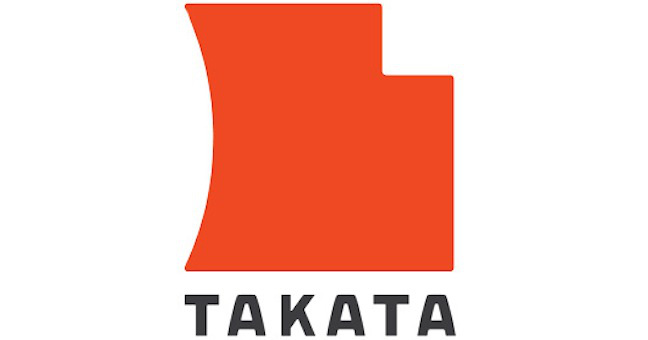First Class-Action Suit Filed Against Takata Over Airbag Defects
With nearly 8 million vehicles recalled, 30 injuries and at least four deaths linked to potentially defective Takata airbags, it should come as no surprise that the Japanese auto parts maker would face its fair share of lawsuits from consumers.
Reuters reports Takata Corp faces its first potential class-action lawsuit from consumers claiming they were defrauded when the parts maker and car manufacturers concealed crucial information about the defective airbags.
Automakers named in the lawsuit include Takata’s biggest customer Honda, whose vehicles have been linked to at least three deaths in the United States, and Toyota.
The lawsuit, filed in a U.S. District Court in Florida, seeks class-action status on behalf of consumers worldwide. If the status is granted, Takata and the named automakers could be subject to a larger payout in a trial or settlement than if vehicle owners sued the companies individually.
Reuters reports this is at least the third lawsuit filed against Takata in the last week. However, the other suits were brought on behalf of individuals.
Yesterday it was revealed that Takata uses an unusual chemical explosive in its airbags. Investigators are looking into whether ammonium nitrate rendered unstable by water from humidity may have contributed to the excessive force experienced during deployment.
Takata has been at the center of a multi-million vehicle recall since early this summer when the company’s airbags were found to produce excessive force which at times sent shrapnel flying toward passengers. So far at least four deaths and 30 injuries have been linked to the airbags.
While NHTSA issued an unusual warning last week urging owners of affected vehicles to get them fixed, a shortage of parts has left millions of potentially dangerous vehicles on the roadways.
Honda sued along with air-bag manufacturer Takata as class action sought [Reuters]
Want more consumer news? Visit our parent organization, Consumer Reports, for the latest on scams, recalls, and other consumer issues.


